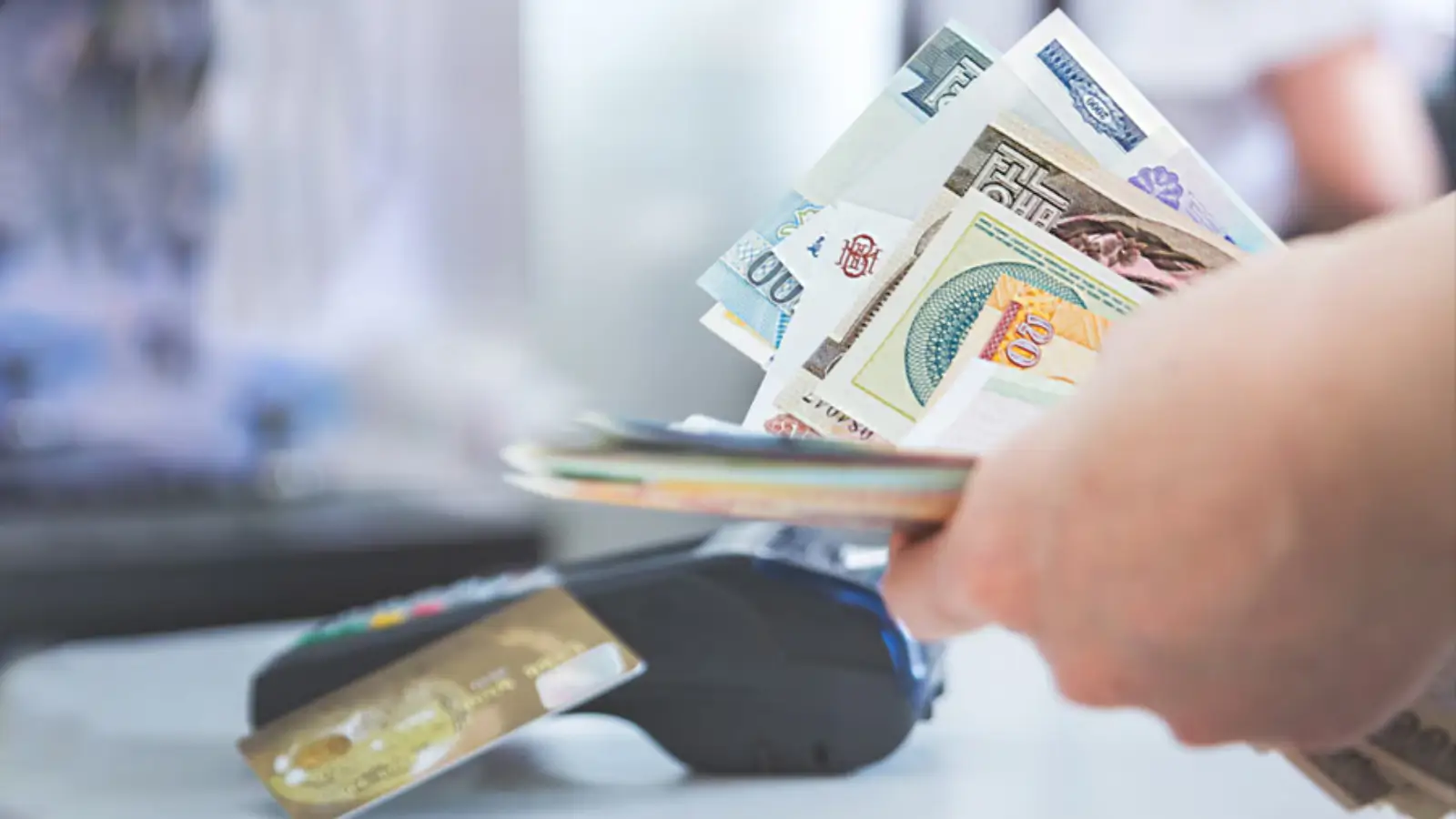


Travelers to Québec City often face steep fees and unfavourable rates when converting money. But with a bit of preparation and smart choices, you can minimize costs and get more Canadian dollars in your pocket.
Whether you're exchanging cash before your trip or looking for local options once you arrive, there are smarter ways to handle currency exchange in Québec City that can help you avoid unnecessary fees.
Below are the best strategies to exchange currency in Québec City while avoiding high charges, featuring insights and practical tips for both visitors and locals.
If possible, convert your foreign currency to CAD before leaving home. Most banks and online providers offer better rates at lower markup compared to airport kiosks. Avoiding the airport exchange kiosks is especially important—they often charge the worst rates and highest commissions.
This ensures readers can find localized information and take advantage of their best‑rate guarantee in Québec City.
Digital platforms like KnightsbridgeFX allow you to buy CAD online, often at the mid‑market rate with a transparent, modest fee.
KnightsbridgeFX enables same‑day transfer of funds between accounts and requires a minimum amount (often CAD 2,000 or more), which makes it ideal for larger exchanges. They’re FINTRAC and AMF-registered, offering a secure, regulated service.
Currency booths at airports, hotels, and tourist zones promise convenience, but at a hidden cost. They often display "no commission" but use a vastly marked‑up exchange rate, making them among the most expensive options.
Even some bureaus in malls or tourist streets may entice customers with flashy signs, but their spread (difference between buy/sell rate) eats into your value. It’s wiser to shop around beforehand.
If you prefer handling cash in person, compare reputable currency-exchange offices in Québec City outside high-footfall zones:
Devises étrangères Québec (rue Saint‑Jean)
TCX Bureau de Change at Laurier Québec
ICE International Currency Exchange on rue De Buade and Sainte‑Anne
These options often offer more competitive rates than banks or airport kiosks—but still vary, so it pays to call ahead and ask about margins or fees.
Sometimes withdrawing CAD from an ATM in Québec City can be a cost-effective way to access local currency, especially if your home bank waives international withdrawal fees or partners with Canadian institutions.
Important: When the ATM offers you the choice to convert to your home currency at point of withdrawal (Dynamic Currency Conversion, or DCC), decline it. Always withdraw in CAD, letting your card issuer apply the conversion usually yields a much better rate. DCC markups can exceed 10–18%.
Also check your bank’s withdrawal limits and fees. A handful of large withdrawals often costs less than many small ones.
If you only plan a few purchases in CAD, the best route may be cards that don’t charge foreign transaction fees. Some card providers still tack on 1–3% for purchases abroad, so opt for ones that explicitly waive that surcharge.
Even so, avoid DCC when paying at a café or shop. If you’re offered the option to pay in your home currency, decline and pay in CAD instead.
Major banks in Québec City (like RBC, TD, BMO, CIBC, and Desjardins credit unions) can exchange currency, especially if you're an existing client. But they still charge higher fees (often 2–2.5% or more) and sometimes hidden commission.
If you choose to go this route, call multiple branches and ask for live quotes. They often differ by time of day and branch. But for serious savings, specialized providers like KnightsbridgeFX still offer tighter spreads and lower total cost.
Don’t be fooled by claims of “no commission” or “zero fee”. Providers that advertise this often undercut the mid‑market exchange rate, embedding their fees into a worse conversion rate. Always check the real mid‑market rate (e.g. via Google or Bank of Canada) before agreeing.
At some bureaux (like Devises Québec Lebourgneuf), transactions below a certain amount (e.g. CAD 1,000) carry a flat service fee (e.g. CAD 1.99), though larger exchanges may avoid fees altogether.
If you plan to exchange small sums, check whether there's a flat fee versus a rate markup—either can outweigh the benefit.
|
Method |
Fees / Spread |
Best for |
Notes |
|
Online exchange providers |
~0.1–1% total |
Large transfers, high-value exchangers |
Transparent, mid‑market rate, secure, regulated |
|
Local bureaux de change |
Variable, often 1–3% |
Cash users, small-to-mid amounts |
Shop around, avoid tourist areas |
|
ATMs in Québec City |
Card issuer rate + possible ATM fee |
Moderate cash needs |
Decline DCC, check your bank’s withdrawal policy |
|
No-Foreign-Transaction Fee Cards |
~0% FX fee (issuer rate applies) |
Card users |
Decline DCC, pay in CAD for best rate |
|
Banks / credit unions |
~2–2.5% markup + possible commission |
Last resort or small amount exchange |
Call ahead and compare branch rates |
Exchange larger chunks, rather than many small exchanges, to reduce flat‑fee impact and lower relative spread costs.
Always compare the mid‑market rate before any transaction. That gives you a baseline to measure fairness.
Ask about guaranteed rates—providers like KnightsbridgeFX offer rate locking or alerts when the market hits your target.
Avoid impulsive exchanges at airports or hotels. A few minutes of planning can yield significant savings.
By combining smart digital tools, ATM strategy, and local budgeting, it’s entirely possible to exchange currency in Québec City while minimizing fees and keeping a lot more money in your wallet.
Happy travels, and here’s to spending less on fees and more on your experience in beautiful Québec City!